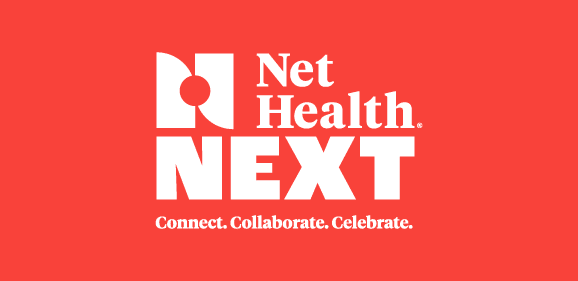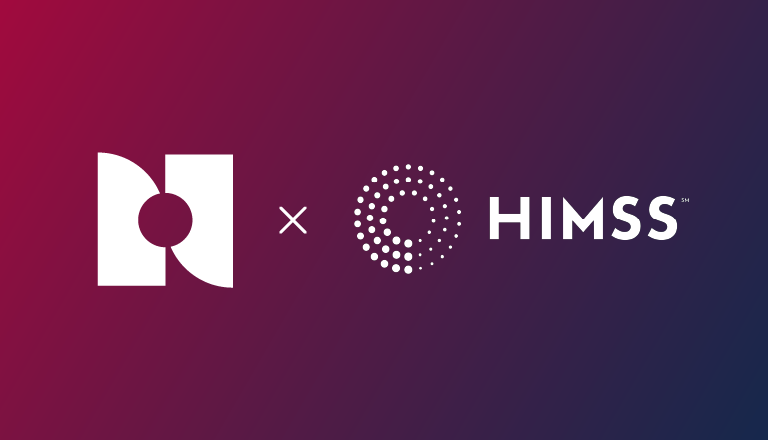


Unlock New Telehealth and Remote Therapeutic Monitoring Opportunities in 2024
2024 Coverage Updates for Telehealth and Remote Therapeutic Monitoring (RTM) in Rehab Therapy By Rick Gawenda, PTFounder & President, Gawenda Seminars & Consulting Prior to COVID-19, the Centers for Medicare and Medicaid Services (CMS) did not reimburse for outpatient therapy services delivered via telehealth by a physical therapist (PT), physical therapist assistant (PTA), occupational therapist…

Capitalizing on Opportunities From Rehab Therapy Consolidation
How Consolidation is Impacting Outpatient Rehab Therapists and Their Patients By Tannus Quatre, PT, MBASVP & Chief Business Development Officer – Therapy, Net Health If it seems like consolidation in outpatient rehab therapy has accelerated over the last few years, you’re probably right. While the bigger fish within the market have been gobbling up smaller…
Mastering Caregiver Training: A Deep Dive into CMS Definitions and Billing Codes
Dive deep into the heart of Caregiver Training Services with this comprehensive webinar. Unpack the CMS definitions of caregivers, learn who falls under this category, and gain clarity on the crucial role of caregiver training services in patient care. Explore the billing codes, including the time-based code (97550), the add-on code (97551), and the group…

Net Health and HIMSS Market Insights Partner to Uncover Healthcare Decision Makers’ Sentiment Toward Advanced Analytics Solutions
Study reveals healthcare leaders understand the potential of advanced analytics solutions, but few have fully adopted them. PITTSBURGH, February 27, 2024 — Net Health, a trusted source for specialized software solutions that empower restorative care providers across the continuum of care, today announced findings from a new study in collaboration with HIMSS Market Insights titled:…

Predictive Analytics and Enhanced EHRs in Healthcare: How it Impacts Your Practice
Choosing the right data can optimize growth and rehab therapy patient outcomes Rehab therapy practices are uniquely positioned to gather patient data and utilize it to their—and their patients’—advantage through EHRs. But not all data is created equal: it’s about strategically selecting data from EHRs and using it to leverage predictive analytics to zero in…

Grow Your Outpatient Rehab Therapy Revenue When New Patient Volumes Are Flat
Tips for getting the most out of the rehab therapy business you already have. By Doug Cundiff, MPT, MPH VP Hospital Therapy Solutions, Net Health In all my years of working in healthcare, I have yet to encounter a practice owner or clinic manager whose operational goals didn’t include rehab therapy revenue growth. This is a…

Net Health and APTA Spearhead Thought Leadership Program Helping Physical Therapists Navigate the Future of Virtual Care with Digital MSK
Improving business operations from the perspective of clinicians and technologists will be the focal point of next section in education series PITTSBURGH, Jan. 9, 2024 /PRNewswire/ — Net Health, a trusted source for specialized software solutions that empower restorative care providers across the continuum of care, today announced the launch of the next segment of its digital musculoskeletal (MSK)…

Data-Driven Rehab Therapy Drives Patient Engagement
The most important component to successful rehab therapy outcomes is a relationship build on actionable data Rehab therapy is a partnership—not just between the therapists and nurses who interact with patients, but also between the therapists and the patients themselves. To achieve functional improvement, a patient must be equally as invested in their own recovery…

5 Keys to Choosing the Best Physical Therapy EMR Solution
How do I select the best physical therapy EMR? Between countless clinical challenges and many operational needs and hurdles, clinicians and PTs rely on the right physical therapy EMR solutions to align and optimize the components of a successful rehab therapy clinic. But what happens as the PT clinic grows and works with more patients,…